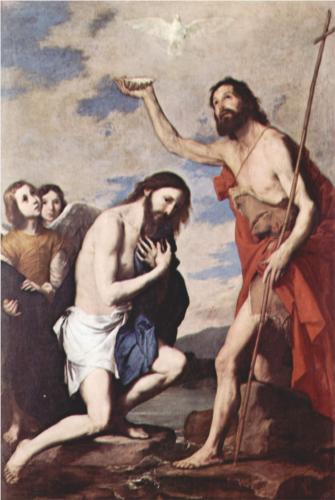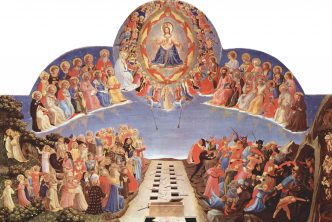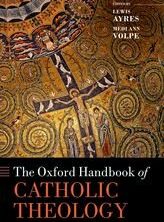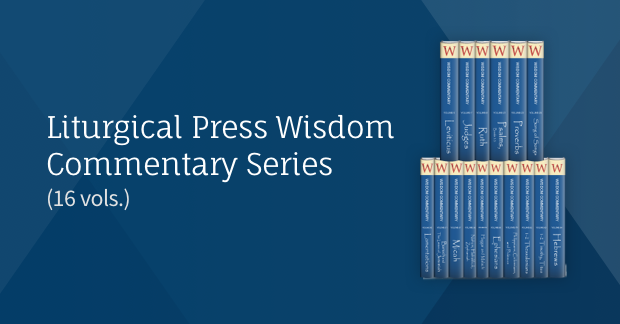Get The Way of the Lord Jesus for 29% off
The systematic study of revealed truth—a question-by-question reflection on Scripture, reason, and history—is not always at the forefront of our minds. In fact, unless one is a systematic theologian, sitting down to hammer out questions about morality and theology is rare. If we’re honest, most of us have neither the time nor the faculties to approach Scripture and the teachings of the Church with such rigor.
This is why great works like Thomas Aquinas’ Summa Theologica are so immensely helpful. They stand as compendiums that the Faithful can refer to regarding pressing questions. Works like the Summa also help us categorize our thoughts, doctrine, and study.
 Germain Grisez does precisely this kind of work with his three-volume series The Way of the Lord Jesus. Focusing on the moral dimension of systematic theology, Grisez walks through the most pressing questions we face today. His first chapter in the first book begins with these questions:
Germain Grisez does precisely this kind of work with his three-volume series The Way of the Lord Jesus. Focusing on the moral dimension of systematic theology, Grisez walks through the most pressing questions we face today. His first chapter in the first book begins with these questions:
1) What is theology?
2) What is moral theology?
3) What is the role of the teaching of the Church in the method of moral theology?
4) What does Vatican II say about renewal in moral theology?
Grisez’s method is similar to Aquinas’ in that he takes each question and gives a systematic answer. For example, the answer to question #1 begins as follows:
1. “Theology” in the most general sense means thought and talk about God. Theology is also about ourselves and everything else, considered in relation to God. Philosophical theology (sometimes called “natural theology” or “theodicy”) is distinct from sacred theology. The former proceeds by the light of reason, while the latter proceeds by the light of faith and uses reason only as a tool of faith (see S.t., 1, q. 1, a. 1; a. 5, ad 2; a. 8, ad 2; S.c.g., 1, 9).
2. Sometimes the word “theology” is used to refer to the systematic features of a scriptural author’s appropriation (that is, personal reception) of divine revelation: We speak of the “theologies” of St. Paul, of St. John, and so on. It should not be supposed, however, that Scripture and our reflections on faith are theology in the same sense. Since it was essential to the completion of God’s act of communication that revelation be personally received and made their own by persons whom God chose for that purpose, the Scriptures, together with sacred tradition, constitute the supreme rule of faith (see DV 21). We receive Christian faith only by understanding and using the books of the Bible as the Catholic Church understands and uses them in her teaching, liturgy, and life. Hence, the “theologies” in Scripture itself are normative—that is, they set the standard—for our reflections on faith.
Grisez gives five more points, each following up the questions brought up in the last. He continues this method throughout the entire series, masterfully covering hundreds of theological topics and moral questions.
 In Verbum, this resource—amazing in and of itself—becomes truly invaluable. Because Grisez makes so many references and citations to Scripture and other Church documents, these volumes come to life in Verbum: each resource links to your other books and resources.
In Verbum, this resource—amazing in and of itself—becomes truly invaluable. Because Grisez makes so many references and citations to Scripture and other Church documents, these volumes come to life in Verbum: each resource links to your other books and resources.
Grisez’s brilliant work of moral theology is 29% off on Pre-Pub.





